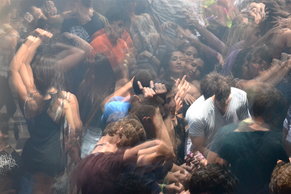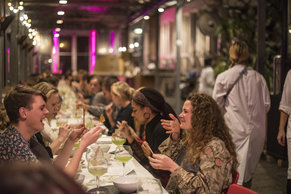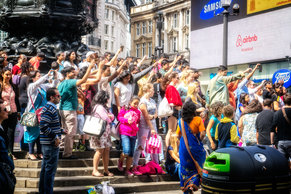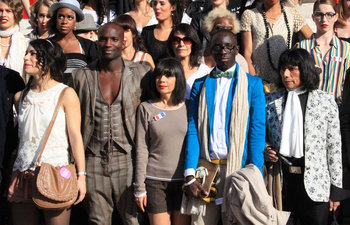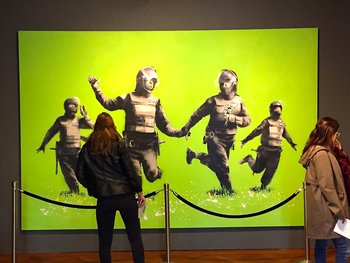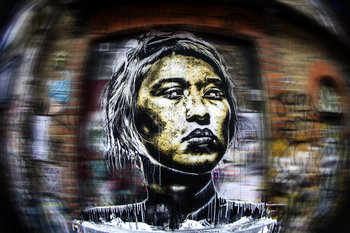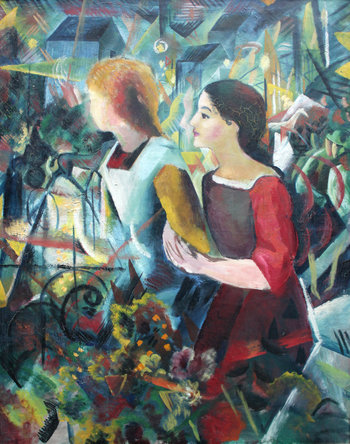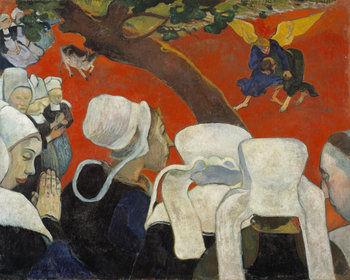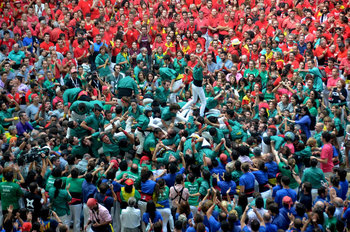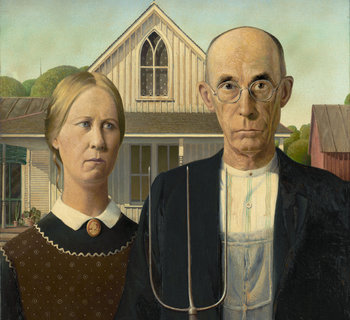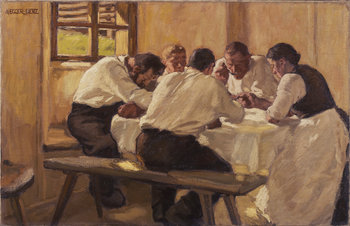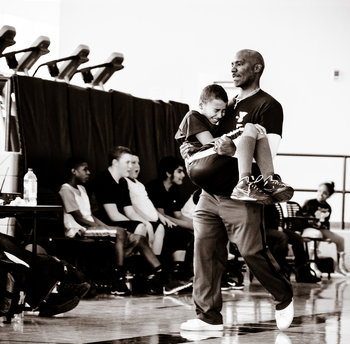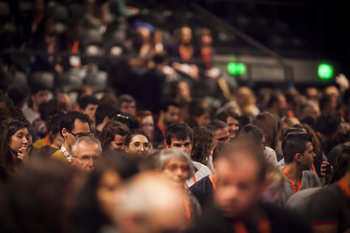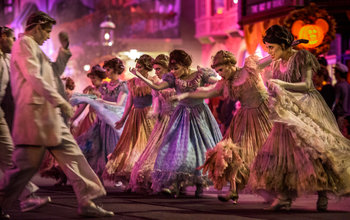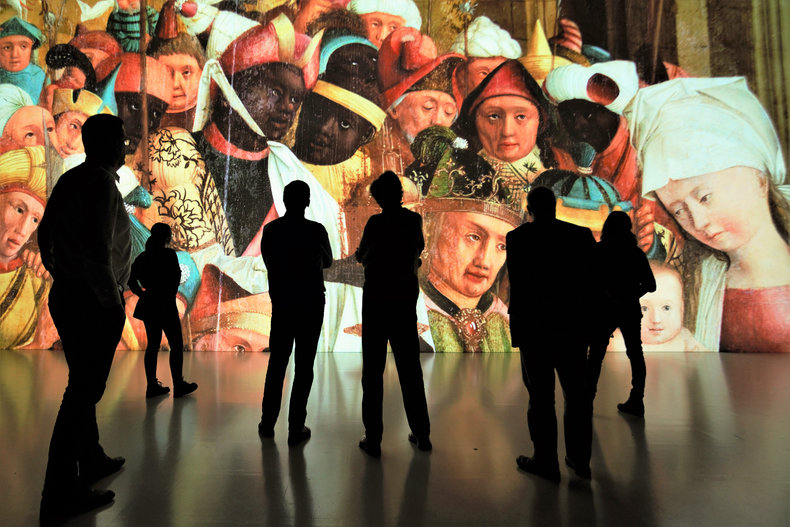
Pizza Effect
The pizza effect is when culture is copied imperfectly resulting in new culture. For example, Teppanyaki is the Japanese version of the American Steakhouse that was invented after WWII to capture business from American troops, business people and tourists. Americans perceived this as Japanese food and imported it back to America as Japanese cuisine.Norms
The spread of norms. For example, the custom of handshaking originated in Greece in the 5th century BC. This subsequently spread to a large number of national cultures on a global basis with a large number of local variations. For example, in Korea the most senior person should always initiate a handshake. In Turkey, a firm grip is considered rude. In America, a very firm grip is acceptable or expected, particularly between men.Ideas
Valuable ideas tend to spread by word of mouth on a global basis. For example, the Golden Rule is the principle of treating others as you want to be treated. This principle has unknown ancient origins and appears in one form or another in most if not every major religion including Judaism, Christianity, Islam, Hinduism, Buddhism, Jainism, Confucianism and Taoism.Language
Language is the representation of meaning that is a basic construct of human thought and communication. It is common for language to evolve by adopting loan words from other cultures. For example, the English deja-vu is borrowed from French and captures a concept that has spread on a global basis -- the mysterious feeling that a moment has already happened in the past.Know-How
Practical knowledge moves quickly as it is profitable to acquire such knowledge. For example, experts from America and Europe were brought to Japan to assist in its modernization in the Meiji-era. These workers helped Japan to industrialize and modernize, including the modernization of its military.Art
Art styles tends to spread on a global basis as a revolutionary new technique, philosophy or perspective inspires artists in cosmopolitan cities such as Paris, New York and Vienna. For example, Impressionism was the first truly avant-garde art movement that began with young artists in France such as Claude Monet and Pierre-Auguste Renoir. This went on to influence countless other modern art styles such as the Expressionist movement in Germany.Music
In the 1960s, Japanese electronics firms released direct-drive turntables that didn't break with manual actions such as backspin or scratching. This allowed for the emergence of turntablism in New York City by early pioneers such as DJ Kool Herc. Turntablism eventually spread on a global basis, including to Japan.Film
Beginning as early as the 1940s but peaking in the 1960s, Italian film makers made a large number of firms based on the American film genre known as Westerns. These were initially taken lightly by the American media that dubbed them Spaghetti Westerns. However, a number of these films, particularly those of Sergio Leone, gained popularity in America and ended up influencing prominent American directors such as Quentin Tarantino.Entertainment
Entertainment that is popular on a global basis such that it represents a shared experience across many cultures. For example, an American or South Korean movie that achieves a global audience.Lifestyle
The spread of lifestyle changes. For example, the global proliferation of American fast food chains that encourage a lifestyle of convenience, comfort and unhealthy diets on a global basis.Leisure
The spread of leisure, recreation, games and sports from one country to the next. For example, snowboarding began as a do-it-yourself project of a dad in Muskegon, Michigan for his kids in 1965. This was eventually patented, manufactured and marketed as a "snurfer." By the mid-1970s, snurfer enthusiasts started designing their own snowboards with improved performance and challenging ski hills that often banned them from the slopes. This youthful and rebellious culture created renewed interest in winter sports amongst teenagers and 20-somethings as snowboarding spread on a global basis in the 1990s and 2000s.Cultural Appropriation
Cultural appropriation is the act of copying from another culture in a way that is disrespectful, mocking or exploitative. For example, using the religions symbols of another culture as a fashion accessory. It is a mistake to confuse cultural diffusion and cultural appropriation as the process of copying culture and getting it wrong is the basis for culture change. If we all stopped copying each other, it would have a chilling effect that would be lose-lose.Summary
Cultural diffusion is the process by which ideas and practices spread from culture to culture. This is as old as culture itself but has perhaps accelerated due to globalization and increased levels of cultural interaction.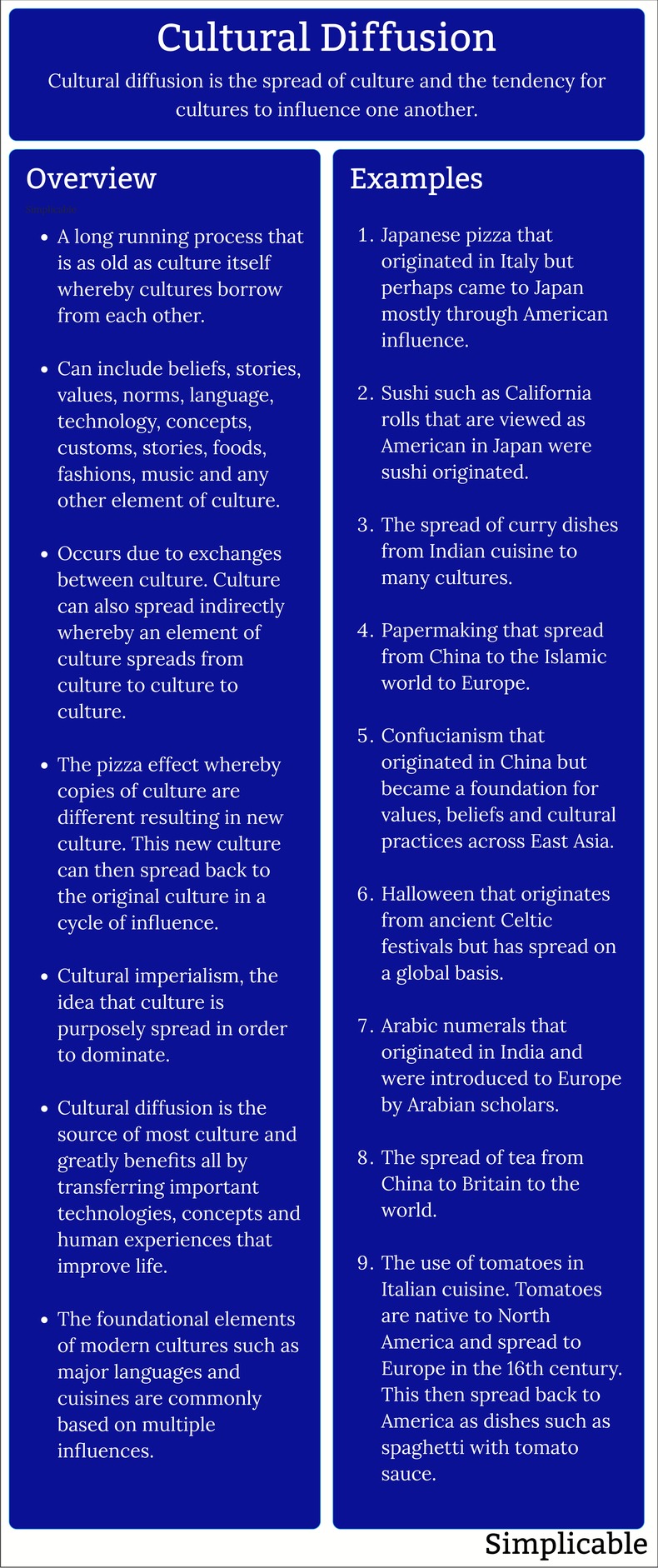
| Overview: Cultural Diffusion | ||
Type | ||
Definition | The process by which cultures influence each other to change. | |
Related Concepts | ||


